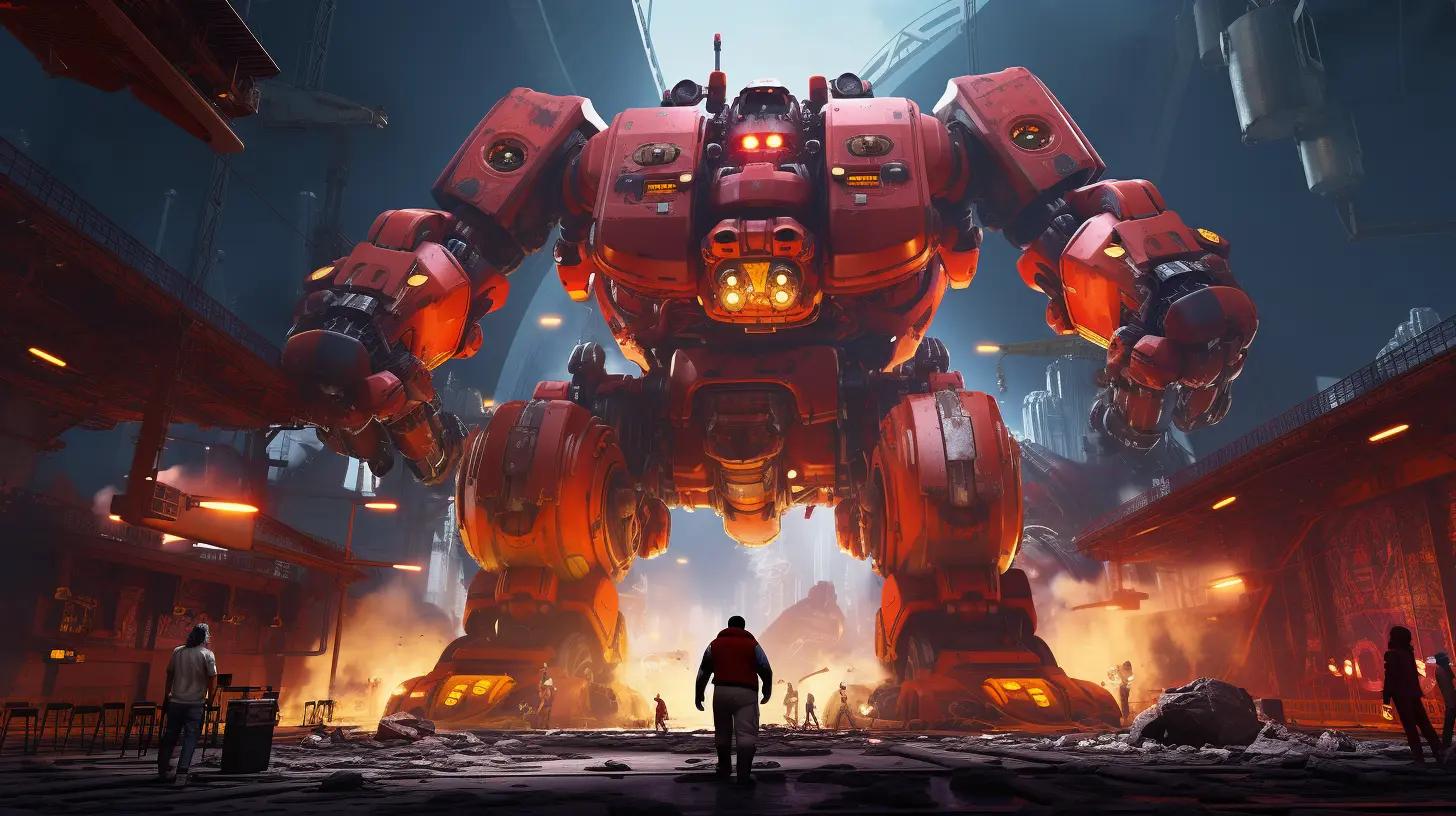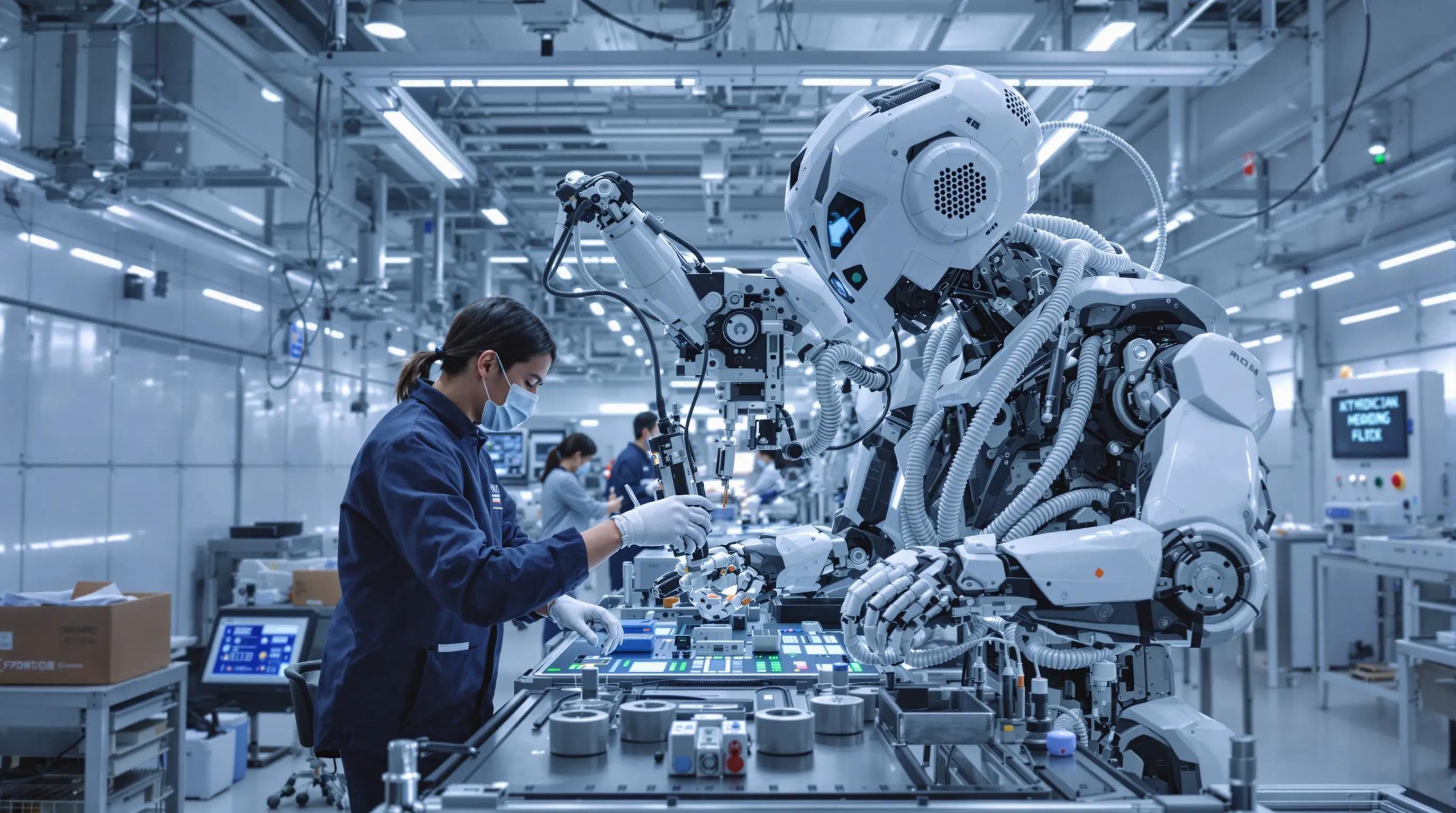April 10, 2024|8 min reading
The Impact of Artificial Intelligence

Artificial intelligence (AI) is a rapidly growing field that has the potential to revolutionize the way we live and work. From self-driving cars to virtual assistants, AI is already making its mark on society. But what exactly is AI, and what impact will it have on our future?
In this article, we’ll explore the basics of artificial intelligence, its current and potential applications, and the impact it will have on various industries.
What is Artificial Intelligence?
Artificial intelligence is a branch of computer science that focuses on creating intelligent machines that can think and act like humans. It involves the development of algorithms and computer programs that can learn from data, make decisions, and perform tasks without explicit instructions.
Types of Artificial Intelligence
There are three main types of artificial intelligence: narrow or weak AI, general or strong AI, and super AI.
Narrow AI is the most common form of AI and is designed to perform specific tasks, such as playing chess or recognizing speech. General AI, on the other hand, is a more advanced form of AI that can perform any intellectual task that a human can. Super AI, also known as artificial general intelligence (AGI), is a hypothetical form of AI that would surpass human intelligence and be capable of solving any problem.
Current Applications of Artificial Intelligence
Artificial intelligence is already being used in a variety of industries and applications. Here are some examples of how AI is being used today:
Virtual Assistants
by ThisisEngineering RAEng (https://unsplash.com/@thisisengineering)
Virtual assistants, such as Amazon’s Alexa and Apple’s Siri, use AI to understand and respond to human voice commands. They can perform tasks such as setting reminders, playing music, and answering questions.
Self-Driving Cars
Self-driving cars use AI to navigate and make decisions on the road. They use sensors and cameras to detect and respond to their surroundings, making them safer and more efficient than human drivers.
Fraud Detection
Banks and credit card companies use AI to detect fraudulent transactions. AI algorithms can analyze large amounts of data and identify patterns that may indicate fraudulent activity.
Healthcare
AI is being used in healthcare to improve diagnosis and treatment. For example, AI-powered medical imaging can help doctors detect diseases and abnormalities more accurately and quickly.
Customer Service
Many companies are using AI-powered chatbots to handle customer inquiries and support. These chatbots can understand and respond to customer questions, freeing up human agents to handle more complex tasks.
Potential Applications of Artificial Intelligence
The potential applications of artificial intelligence are vast and continue to expand as technology advances. Here are some potential future applications of AI:
Advanced Robotics
by Arno Senoner (https://unsplash.com/@arnosenoner)
AI-powered robots could be used in a variety of industries, from manufacturing to healthcare. These robots could perform tasks that are too dangerous or difficult for humans, increasing efficiency and safety.
Predictive Analytics
AI algorithms can analyze large amounts of data and identify patterns and trends that humans may not be able to see. This could be used in various industries, such as finance and marketing, to make more accurate predictions and decisions.
Education
AI could be used in education to personalize learning for students. By analyzing data on student performance, AI algorithms could create customized learning plans for each student, improving their understanding and retention of material.
Cybersecurity
AI could be used to detect and prevent cyber attacks. By analyzing data and identifying patterns, AI algorithms could detect and respond to potential threats more quickly and accurately than humans.
The Impact of Artificial Intelligence on Industries
The impact of artificial intelligence on industries will vary depending on the specific application and industry. However, here are some potential impacts of AI on various industries:
Healthcare
AI has the potential to improve patient outcomes and reduce healthcare costs. By analyzing patient data, AI algorithms could help doctors make more accurate diagnoses and create personalized treatment plans. This could lead to better health outcomes and reduced healthcare costs.
Transportation
Self-driving cars have the potential to reduce accidents and traffic congestion, making transportation safer and more efficient. However, the widespread adoption of self-driving cars could also lead to job loss for drivers.
Finance
AI has the potential to improve fraud detection and risk management in the finance industry. However, it could also lead to job loss for financial analysts and other professionals who perform tasks that can be automated by AI.
Customer Service
AI-powered chatbots could improve customer service by providing quick and accurate responses to customer inquiries. However, this could also lead to job loss for customer service representatives.
The Future of Artificial Intelligence
The future of artificial intelligence is both exciting and uncertain. As technology continues to advance, the potential applications of AI will continue to expand. However, there are also concerns about the impact of AI on jobs and society as a whole.
Job Displacement
One of the biggest concerns about AI is the potential for job displacement. As AI technology advances, many jobs that are currently performed by humans could be automated, leading to job loss for millions of workers.
Ethical Concerns
by Hayley Wagner (https://unsplash.com/@haybethwag)
There are also ethical concerns surrounding the use of AI. For example, there are concerns about bias in AI algorithms, as they are only as unbiased as the data they are trained on. There are also concerns about the potential misuse of AI, such as the development of autonomous weapons.
The Need for Regulation
As AI technology continues to advance, there is a growing need for regulation to ensure that it is used ethically and responsibly. Governments and organizations are beginning to develop guidelines and regulations for the use of AI, but there is still much work to be done in this area.
Conclusion
Artificial intelligence has the potential to revolutionize the way we live and work. From self-driving cars to virtual assistants, AI is already making its mark on society. However, there are also concerns about the impact of AI on jobs and society as a whole. As technology continues to advance, it is important to consider the ethical implications of AI and work towards responsible and ethical use of this powerful technology.
Explore more

Sora Video Generation Launch: Revolutionizing Creative AI
Discover the groundbreaking Sora video product launch, redefining AI-powered creative tools for global users.

The Race for Artificial General Intelligence: Superintelligence and Society
Explore the debate on artificial general intelligence and superintelligence, featuring expert insights on its possibilit...

NVIDIA and Japan: Driving the AI Revolution in Industry
Explore NVIDIA's role in Japan’s AI revolution, from AI agents to robotics, reshaping industries and powering innovation...
